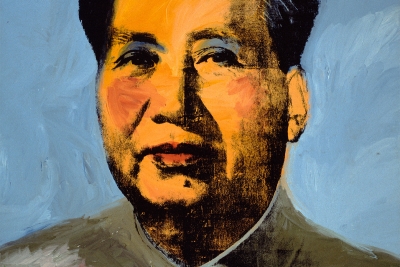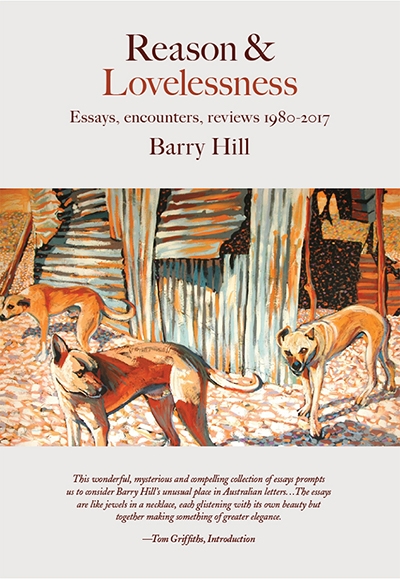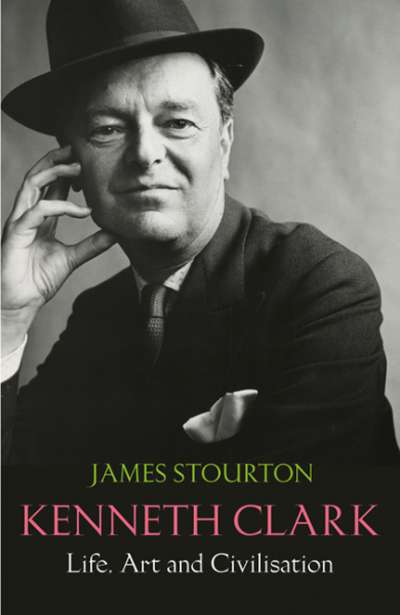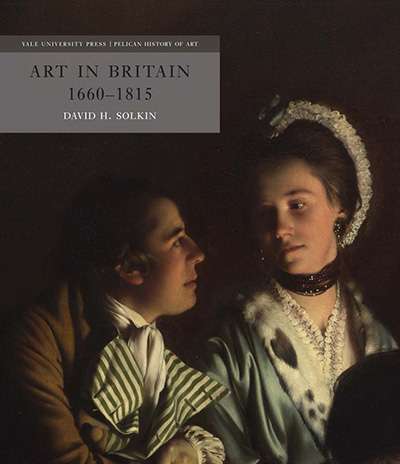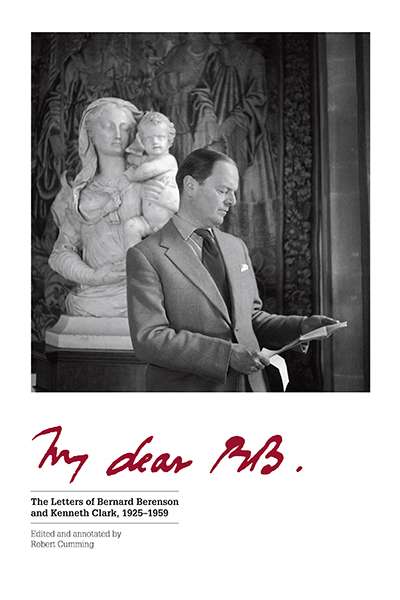Patrick McCaughey
Andy Warhol — From A to B and Back Again (Whitney Museum of American Art)
Some time ago I appeared on a morning radio program with a prominent guru of Australian culture who roundly declared that Andy Warhol was ‘a one trick pony’. Neither remonstration nor persuasion could help the guru out of his imperturbable complacency. He had summed up Warhol in a sentence – what more need be said?
... (read more)Modernists and Mavericks: Bacon, Freud, Hockney and the London Painters by Martin Gayford
Reason and Lovelessness: Essays, encounters, reviews 1980–2017 by Barry Hill
The Collected Essays of Elizabeth Hardwick edited by Darryl Pinckney
Kenneth Clark: Life, Art and Civilization by James Stourton
Rendez-vous with Art by Philippe de Montebello and Martin Gayford
To highlight Australian Book Review's arts coverage and to celebrate some of the year's memorable concerts, operas, films, ballets, plays, and exhibitions, we invited a group of critics and arts professionals to nominate their favourites – and to nominate one production they are looking forward to in 2016. (We indicate which works were reviewed in Arts Up ...
My Dear BB: The Letters of Bernard Berenson and Kenneth Clark, 1925–1959 edited by Robert Cumming
Every student of Australian art knows that when Arthur Boyd went to London in 1959 and paid his first visit to the National Gallery, two paintings laid siege to his imagination. Titian’s The Death of Actaeon was one from which came Boyd’s tormented
... (read more)
